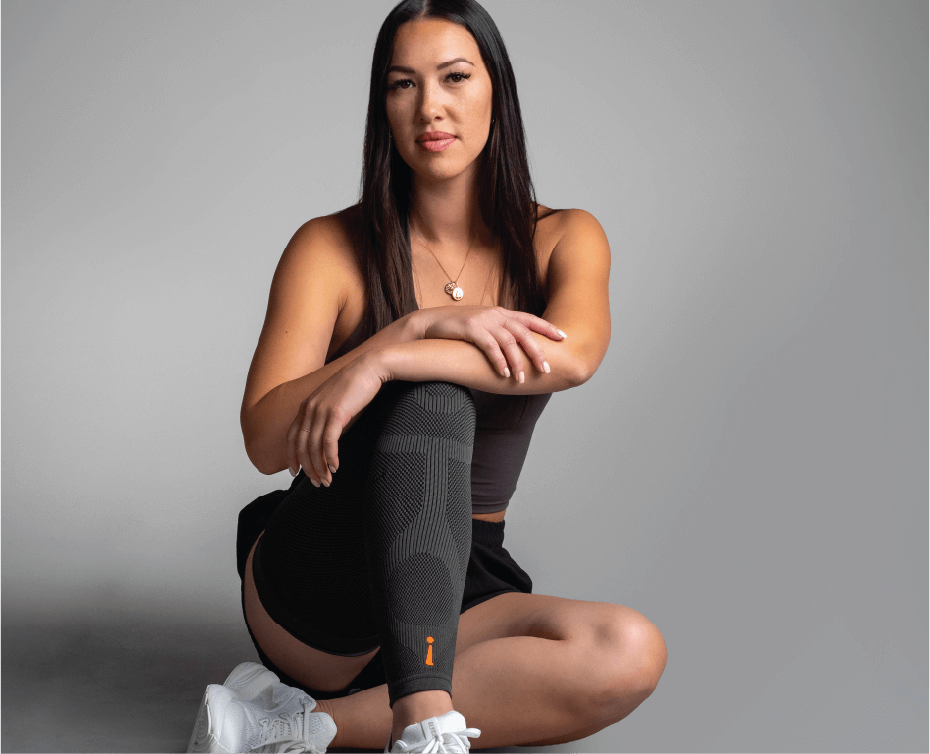Please note that this post is provided for informational purposes only and should not be taken as a substitute for medical advice. If you have any concerns please consult an appropriately qualified medical professional.
Wednesday 8 March 2023 is International Women’s Day. Originating from labor movements and the fight for universal women’s suffrage in the early 20th century, International Women’s Day aims to celebrate the cultural, social, and political achievements of women globally and to further causes promoting women’s equality.
For this International Women’s Day, we wanted to highlight some of the most common health issues impacting women and girls. By understanding your risk factors and knowing what to look for, you can keep yourself happy and healthy for longer.
Breast Cancer

According to the WHO, around 264,000 women will be diagnosed with breast cancer in the US each year (men can also suffer from breast cancer, though this is much rarer, with around 2,400 men diagnosed each year in the US.) Your risk is higher if you are over 50, have a close family history of breast cancer, or carry a BRCA1 or BRCA2 gene mutation.
Breast cancer is the most common cancer impacting American women, and is the second most deadly after lung cancer. However, treatments have advanced significantly and it is now also one of the most survivable cancers. According to Cancer Research UK, around 95% of all women diagnosed with breast cancer will survive a year or more following their diagnosis, and 75% will survive at least 10 years.
As with all cancers, the earlier breast cancer is caught, the better the prognosis. The best way to lower your risk of breast cancer is to get to know your body and what is normal for you. If you experience any notable changes—such as a lump in your breast or armpit, swelling, redness, skin irritation, dimpling, nipple discharge, or pain—see your doctor. It’s also essential to attend any screenings you are eligible for, such as mammograms.
Heart Disease

You might have heard that heart disease is more common in men than women. This ist true, but it is still an area of significant concern for women. In the United States, heart disease is the leading cause of death for women overall, accounting for around 1 in 5 female deaths.
Fortunately, according to the CDC, 80% of cases of premature heart disease and stroke are preventable. The best way to lower your risk is to live a healthy lifestyle. Choose healthy food and drinks, eating plenty of fresh plant-based foods and minimal processed foods. Aim to get around two and a half hours of moderate to vigorous physical activity each week. Don’t smoke, limit your alcohol intake, and find healthy ways to manage stress and lower your stress levels. Understanding your blood pressure and cholesterol status are also important.
Osteoarthritis

According to the Mayo Clinic, women are more likely to develop osteoarthrities—a common form of arthritis that occurs when the protective cartilage that cushions the ends of the bones wears down—than men, though it is unclear why. Experts at HSS Hospital believe that hormonal changes, differences in men’s and women’s anatomy, and certain sporting injuries may play a role.
Your risk increases as you age, with symptoms most often appearing in the 40s and 50s. Being overweight, sustaining joint injuries, certain metabolic diseases, and even genetics all play a role in your risk profile, too.
If you experience joint pain or stiffness that does not go away, this is a warning sign for osteoarthritis and you should see your doctor. You can lower your risk of this painful condition by maintaining a healthy weight, getting plenty of exercise, and practicing good posture throughout your life.
Mental Health Struggles

According to the Mental Health Foundation, around 1 in 5 women have a common mental health problem such as depression or anxiety. Women are statistically more likely than men to be carers, to experience domestic or sexual violence, and to live in poverty, all of which can have a tremendous impact on mental health. Hormonal changes, particularly when having a baby or going through the menopause, can also play a role.
If you are experiencing any kind of mental health difficulty, reach out for help sooner rather than later. Lifestyle factors, such as eating healthily, exercising, and taking steps to manage stress can help you to improve your mental health. It’s also a good idea to talk to trusted loved ones about how you feel, and seek professional support (for example, from a counsellor or therapist) if necessary.
There is a lot of pressure on women to “do it all” and to be seen to be coping, but there is no shame in having mental health challenges. Asking for support will help you far more than trying to tough it out.
Read more

There is no magic trick to avoiding injury as a runner, but you can reduce your risk without magic. You can enjoy better flexibility, a decreased risk of injury, and less muscle stiffness by simply...

In the fast-paced modern world, most of us have limited time and numerous responsibilities to juggle. That’s why many people are constantly looking for ways to optimize the time they do have and ma...






Leave a comment
All comments are moderated before being published.
This site is protected by hCaptcha and the hCaptcha Privacy Policy and Terms of Service apply.